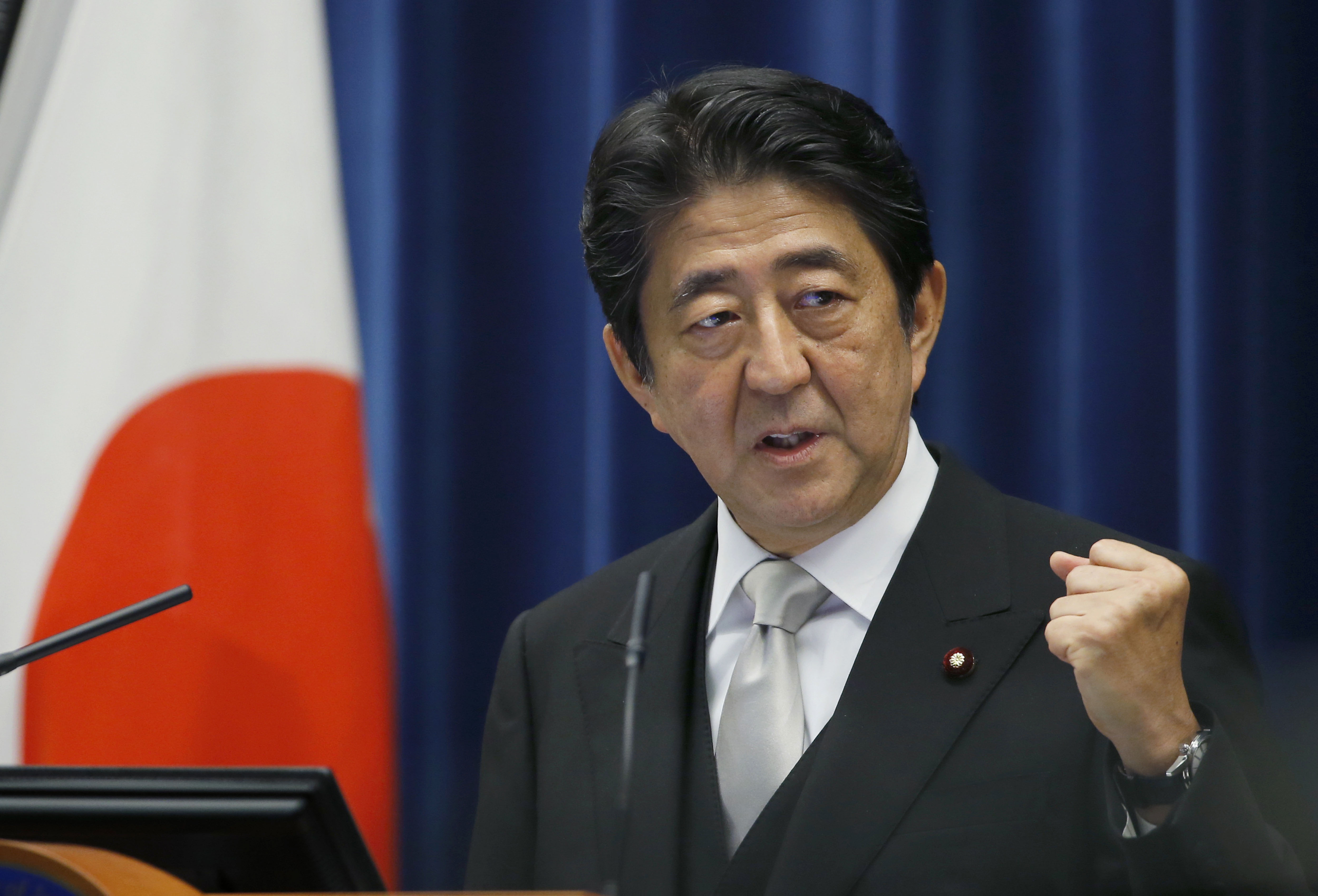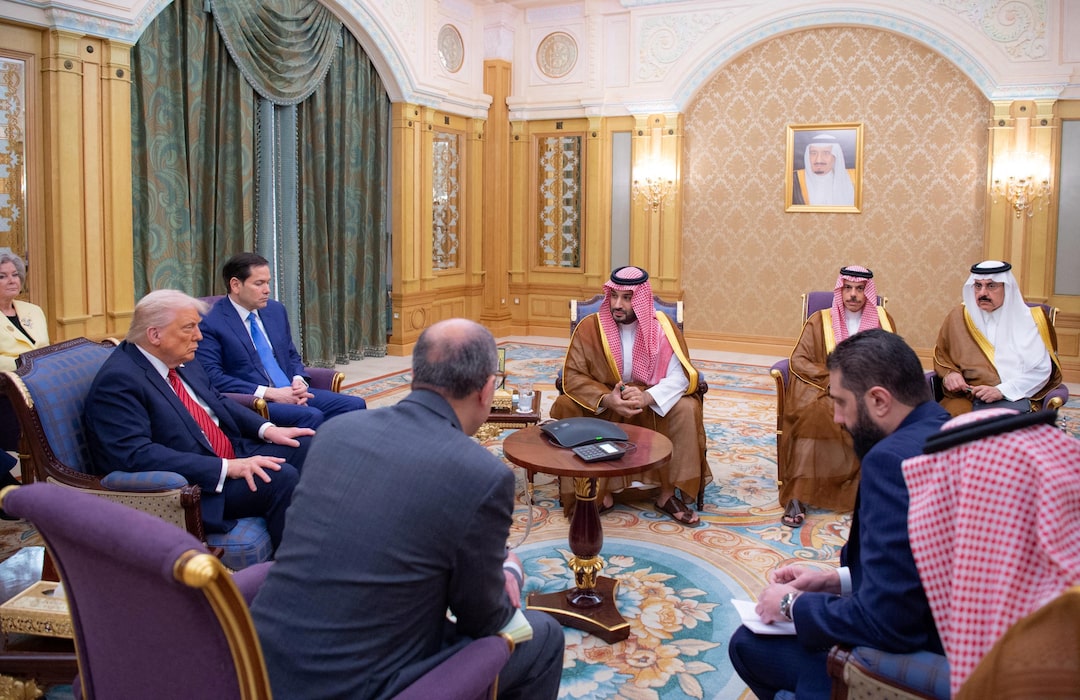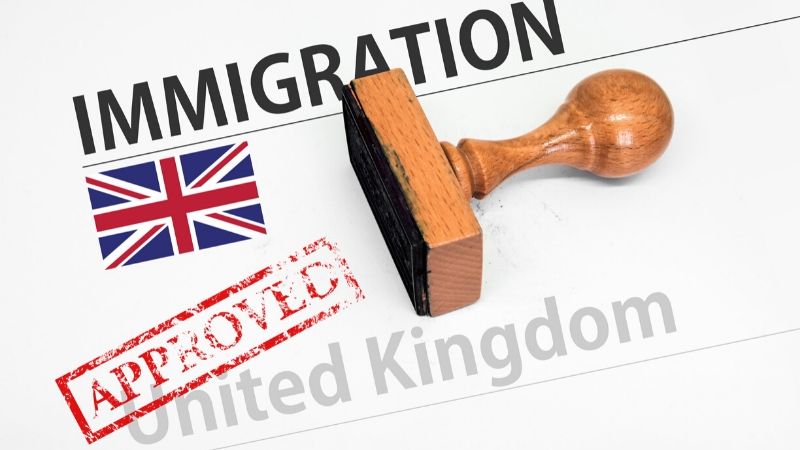
Prime Minister Shinzo Abe has officially announced his intention to dissolve the lower house for a snap election, as he seeks a fresh mandate to overcome “a national crisis”.
Abe’s campaign will focus on education and constitutional amendment. The prime minister intends to partially reassign the revenue gained from a consumption tax hike in October 2019 from paying off government debt to providing free education, while also adding language recognizing Japan’s Self-Defense Forces to the constitution.
“I will dissolve the lower house on Sept. 28,” Abe told a nationally televised news conference on Monday.
Earlier, the head of Abe’s junior coalition partner, Natsuo Yamaguchi, said he understood the election would be held on Oct. 22.
The decision is largely seen as aimed at taking advantage of Abe’s recently improved support ratings and opposition disarray.
Abe, whose ratings have increased from 30 percent in July to around 50 percent, is looking to achieve his long-held goal of revising the post-war pacifist constitution to clarify the military’s role.
A weekend survey by the Nikkei business daily survey showed 44 percent of voters planned to vote for Abe’s Liberal Democratic Party (LDP) versus 8 percent for the main opposition Democratic Party and another 8 percent for a new party launched by popular Tokyo Governor Yuriko Koike.
The Nikkei poll was far more positive for Abe’s prospects than a Kyodo news agency survey that showed his LDP garnering 27.7 percent support, with 42.2 percent undecided.
Abe’s image as a strong leader has bolstered his ratings amid rising tension over North Korea’s nuclear arms and missile programmes.
Abe told LDP executives at a meeting that he intended to dissolve the lower house on Thursday. The prime minister had been expected to face a grilling over the cronyism scandals during Thursday’s session, and opposition party officials saw the move as play to avoid difficult questions.
Sources have said Abe’s election platform will see him promise to go ahead with a planned rise in the national sales tax to 10 percent from 8 percent in 2019 but increase the proportion of revenue spent on child care and education, delaying a target of putting the budget in the black in the fiscal year ending March 2021.
Abe on Monday asked his cabinet to compile a 2-trillion-yen ($17.8-billion) economic package by year-end to focus on child care, education and encouraging corporate investment, while maintaining fiscal discipline.








